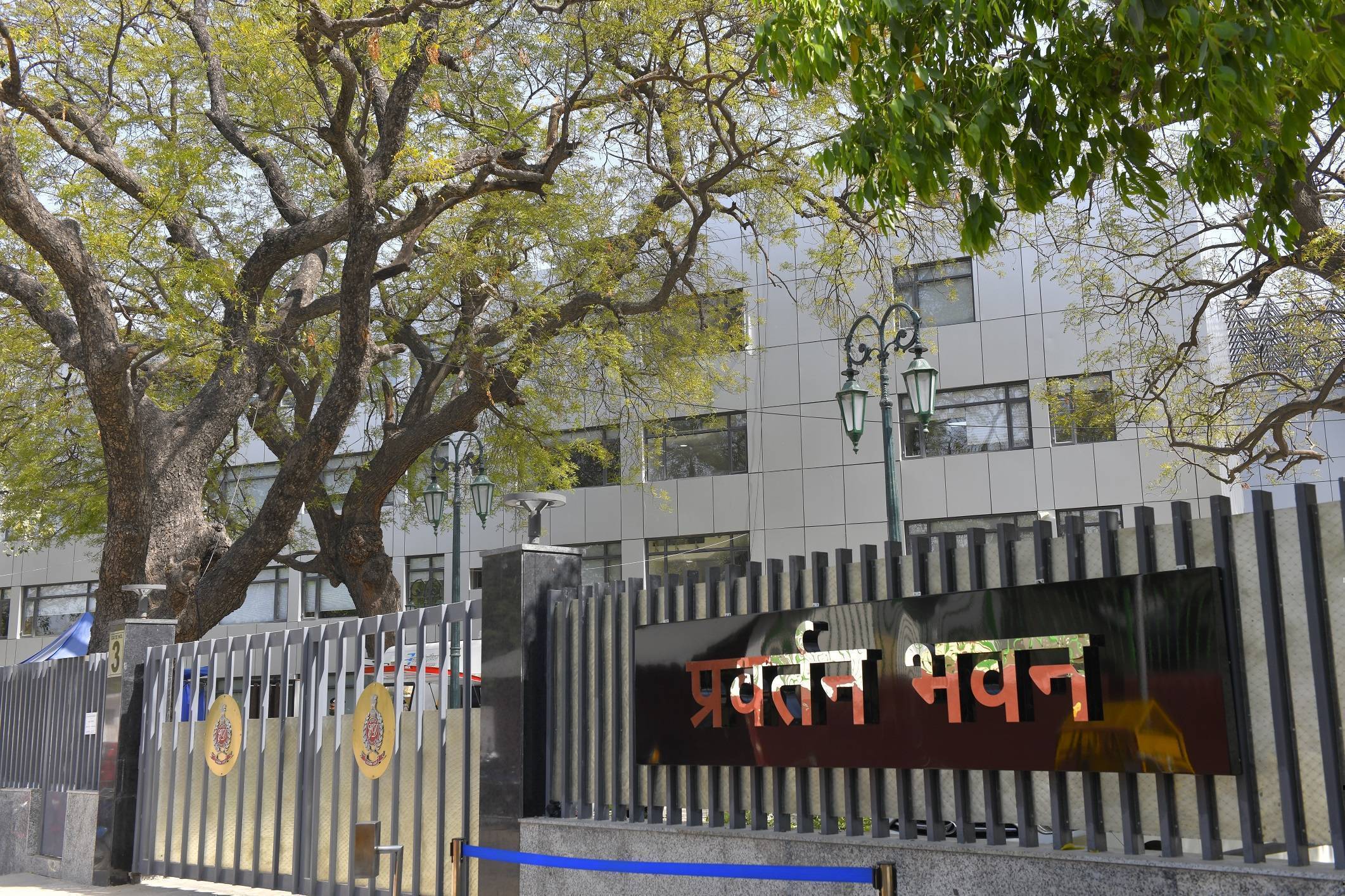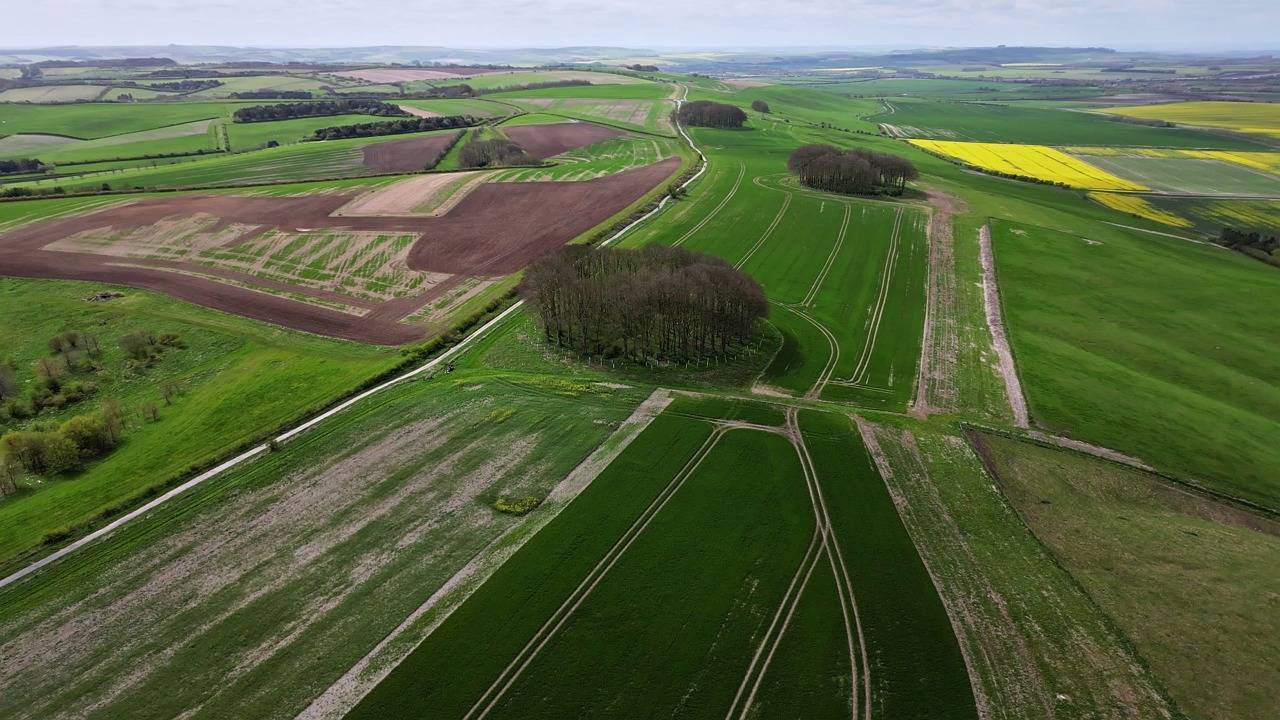The Karnataka government has doubled property registration fees from 1% to 2%, significantly increasing transaction costs for homebuyers in Bengaluru. Experts caution that while the move may enhance state revenue, it could negatively impact housing sales, particularly in the affordable and mid-income segments.
The Department of Stamps and Registration issued a notification on August 29, stating that the revision came into effect on August 31, 2025. Officials explained that the hike aims to strengthen administrative processes and improve service delivery, noting that Karnataka had among the lowest stamp duty and registration charges on immovable property compared to neighboring states. This is the first increase in registration fees in Karnataka since 2003.
Under the new structure, buyers in Karnataka will now pay 7.6% of a property’s market value in total statutory charges. This includes 5% stamp duty, 2% registration fee, and 0.6% cess. For instance, the registration fee on a flat valued at ₹75 lakh has increased from ₹75,000 to ₹1.5 lakh. Similarly, for a property worth ₹1 crore, the registration fee doubles to ₹2 lakh, bringing total transaction charges—including stamp duty, cess, and surcharge—to ₹1.076 crore. A ₹2 crore property will now cost approximately ₹2.152 crore after all statutory fees are included, adding ₹15.2 lakh in extra charges for buyers.
Prashant Thakur, executive director and head of research and advisory at ANAROCK Group, noted that the registration fee hike could dampen demand among budget-conscious buyers. He added that premium and luxury segments are likely to remain largely unaffected, as buyers in those categories are better able to absorb the additional costs.
Experts also noted that Bengaluru’s housing market has been slowing in recent years. ANAROCK Research data shows that home sales in the first half of 2025 totaled around 30,120 units, a 12% decline from 34,145 units during the same period in 2024. The registration fee hike may therefore exacerbate existing affordability challenges for mid-income buyers.
Homebuyers have raised concerns over the increased financial burden. Cumulative charges—including registration fees, stamp duty, cesses, fire NOC, utilities, and other formalities—can amount to 40–45% of the property value. Many noted that with these additional costs, buyers are effectively paying nearly half the property’s value again in compliance fees and questioned whether the higher charges are reflected in tangible improvements in infrastructure or civic services.
Dhananjaya Padmanabhachar, Convenor of the Karnataka Home Buyers Forum, noted that while the government is increasing revenue through higher registration fees, critical safeguards for property ownership remain insufficient. He pointed out that processes such as verifying land records, ensuring auto-mutation of ownership after registration, and enforcing Supreme Court directives on utility connections continue to be inadequately implemented, leaving buyers exposed despite the additional charges.
Government officials maintain that the fee hike is necessary to rationalize rates and ensure long-term sustainability of revenue streams for state infrastructure development. They argue that Karnataka’s registration and stamp duty charges, even after the increase, remain competitive when compared to neighboring southern states such as Tamil Nadu, where stamp duty alone is 7% and registration fees reach 4%.
The hike is expected to influence buyer behavior, particularly in the affordable segment where margins are tighter and financial planning is sensitive to additional statutory charges. Analysts suggest that while premium buyers may absorb the extra cost without hesitation, the overall affordability of housing for middle-class and first-time buyers may face constraints.









.png)